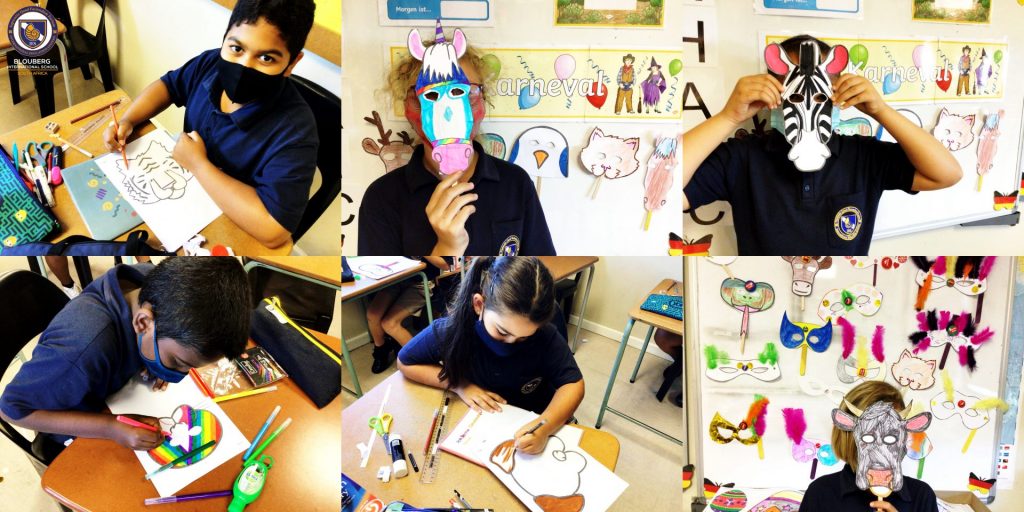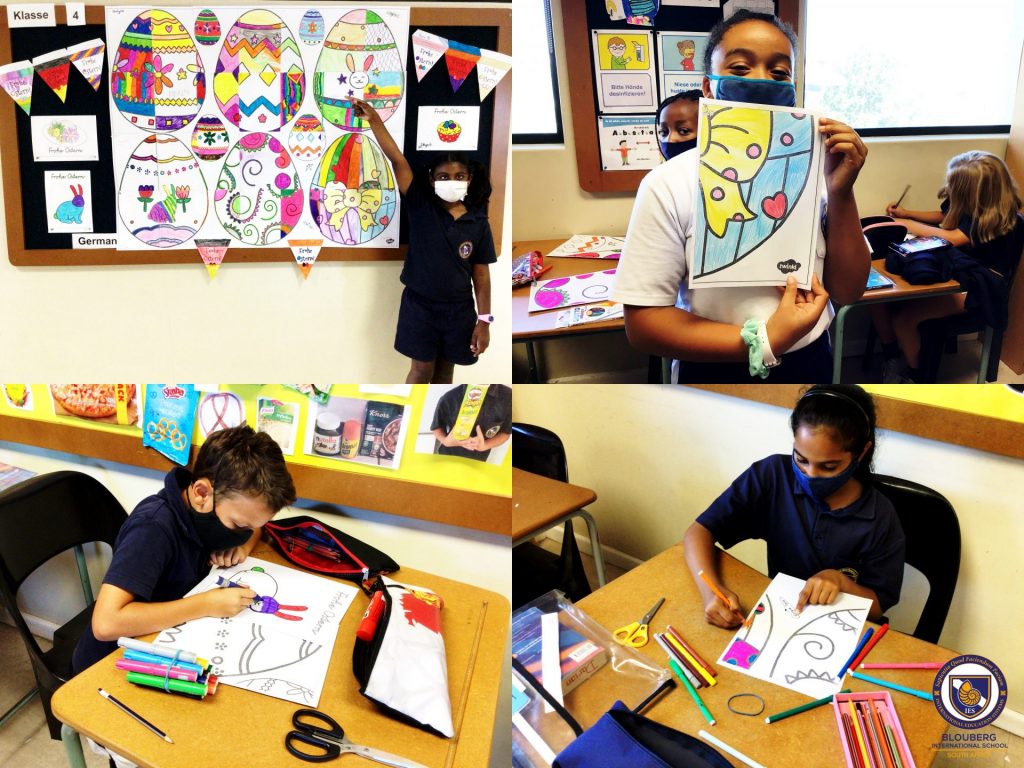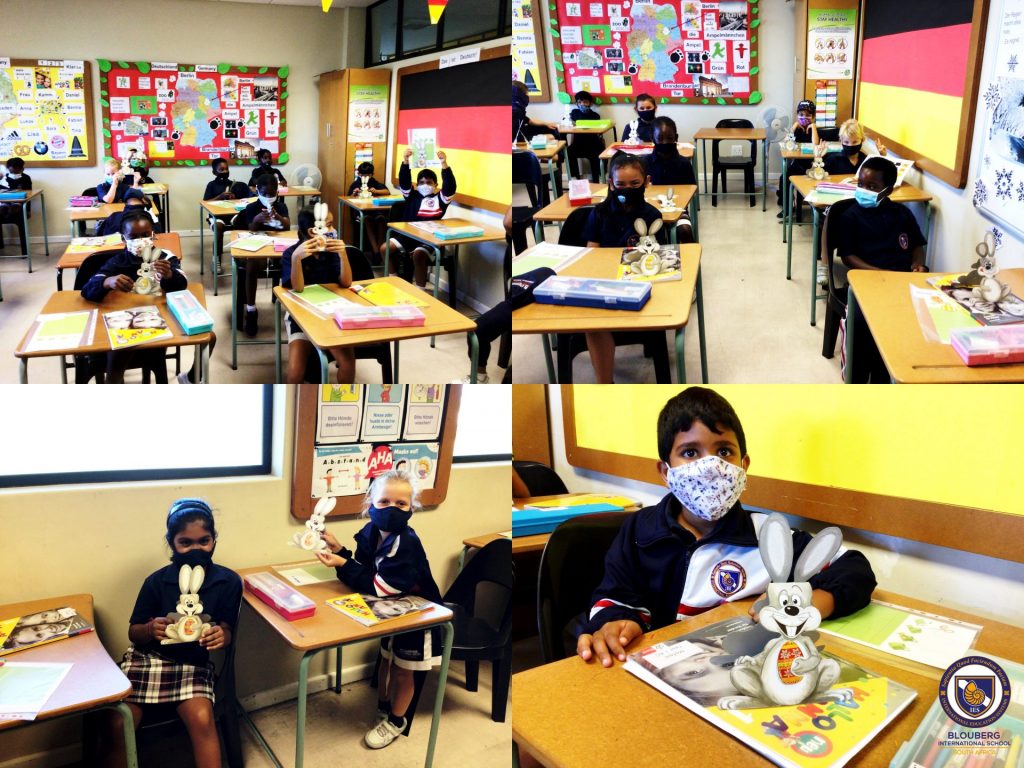
Karneval, Fasching And Fastnacht
Carnivals are celebrated in many countries around the world such as America (e.g.Mardi Gras of New Orleans) Brazil (e.g. Carnival of Rio de Janeiro) and Italy (e.g. Carnival of Venice) with lots of music, dancing, costumes and colourful processions.
In Germany, Carnival time is one of the most popular traditions celebrated. It is known by many names such as Karneval, Fasching and Fastnacht and varies from region to region all over Germany.
The most popular Carnival is called Karneval and happens in Köln (Cologne) in Northern Germany where the largest procession takes place in the country. It is the most famous street party and usually draws up to a million visitors from all over the world to the city every year.
The Carnival celebrated in Southern Germany is called Fasching or Fastnacht referring to the start of the fasting time in the region.
It begins officially on the 11th of November at 11:11am in Köln (Cologne) and ends on Aschermittwoch (Ash Wednesday) the following year, usually a few weeks before Easter. The Monday before Ash Wednesday is known as Rosenmontag (Rose Monday) where all the famous Umzüge (processions) take place in the streets. The first Rose Monday procession was in Köln in 1823.
These processions include dressing up in costumes with masks and wigs and having decorative floats that go through the towns with lots of music and dancing. Everyone is on the street and the children especially enjoy all the sweets that are handed out during the parade. Krapfen/Berliner (Jam doughnuts) are a typical food enjoyed especially at Carnival time.
Sadly, this year the actual Carnival parade on the streets was cancelled due to the pandemic, but as a replacement in Köln, 32 meters of stage scenery was built for the event, reproducing the buildings the parade would traditionally march by. On Rose Monday, 155 traditional puppets wearing Carnival outfits were used to ride this year’s floats. This performance was filmed and everyone could enjoy the procession from their homes: https://www.dw.com/en/colognes-rose-monday-covid-19-parade/g-56472583
Our students enjoyed learning about the Carnival and each student decorated a mask in class.
- The Year 6 students celebrated Karneval in Köln creating colourful masks with feathers.
- The Year 5 students celebrated Karneval with the animals of the Berlin Zoo and made different types of animal masks.
- The Year 2 & 3 students learnt all about Fasching in München (Munich) with Anna and Benno and all made decorative masks with materials included in the Hallo Anna neu workbook.
They had a lot of fun making the masks. Well done to all the students for their enthusiasm and creativity!
The students also learnt a popular Carnival party song called das Fliegerlied (the Aeroplane song) and were able to easily learn the words to the song and enthusiastically took part in doing the actions. https://www.youtube.com/watch?v=tcFRF5ZaGns&list=RDtcFRF5ZaGns&start_radio=1&t=0
For a brief moment we felt part of the Carnival celebrations that occur in Germany.
Frau Kerstin Pani
German Teacher Primary School






Erfolg hat drei Buchstaben. TUN!
Goethe
As one of the arguably most famous German authors said – You can only achieve success through doing. This term has proven this to me again.
Eight years ago I did a course in modern language learning methods using technology. We learned about blended learning, flipped classrooms and different websites to use. Since then a lot has changed and throughout the years I always wanted to implement more technology in teaching. Unfortunately, it never came to fruition since teaching the traditional way was just easier and more accessible to students. This lockdown has forced us as teachers and students to finally use all those technological tools out there.
Learning German with online tools has never been easier. The German government has supported the teaching of German in other countries for years now and therefore we have many different online platforms to choose from. Sites such as Deutsche Welle and Lingoni offer great Video learning tools. Duo Lingo is a fun way to support what is learnt in class with fun activities. Additional to this it has become a lot easier to create your own online Quizzes or videos to share with students.
Even though this time has been trying and difficult it was a great step forward. Practicing a language does work better in a classroom setting, and will never become unnecessary, but the past couple of months have shown me how language learning can also be successful through other means. If you never try you will never learn.
Sabine Jahnke
German Teacher
